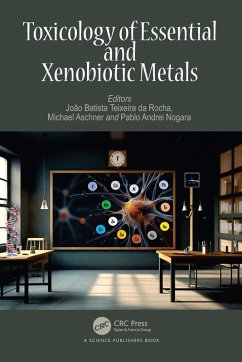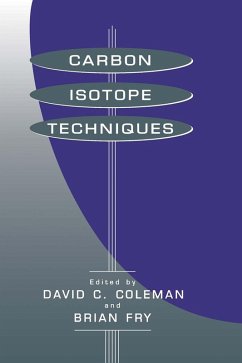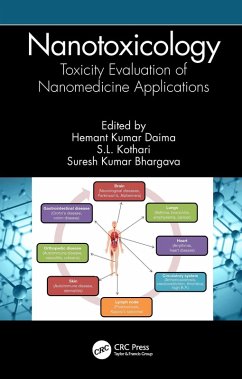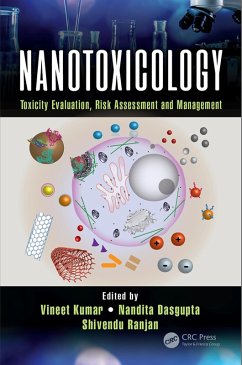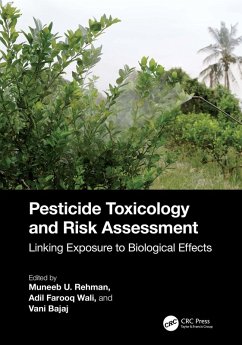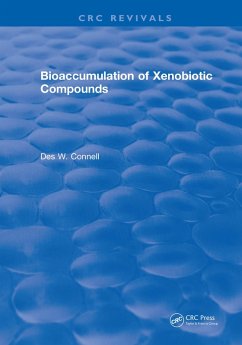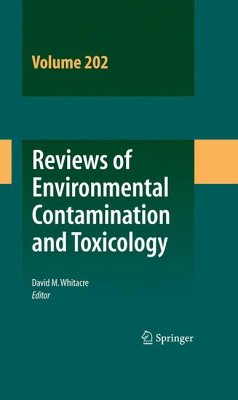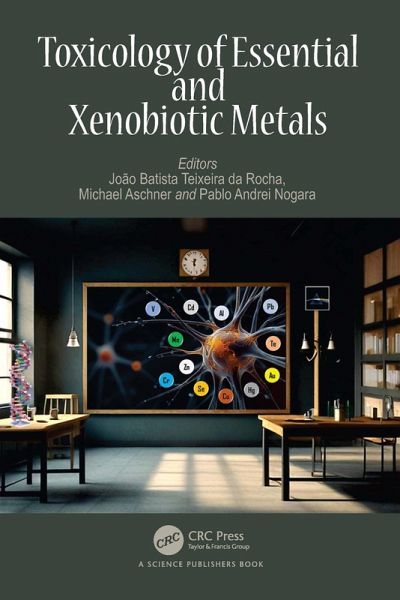
Toxicology of Essential and Xenobiotic Metals (eBook, PDF)
Versandkostenfrei!
Sofort per Download lieferbar
51,95 €
inkl. MwSt.
Weitere Ausgaben:

PAYBACK Punkte
26 °P sammeln!
This book explores how metals like cadmium, mercury, lead, aluminium, manganese, and chromium can harm our health, whether through short-term or long-term exposure. It covers symptoms ranging from immediate nausea to long-term issues like Parkinson's and Alzheimer's diseases. Understanding how these metals interact with our bodies is crucial for identifying their harmful effects. The book, divided into 11 chapters, provides straightforward explanations about how these metals affect our health, making it useful for anyone interested in understanding how metals can impact the environment as well...
This book explores how metals like cadmium, mercury, lead, aluminium, manganese, and chromium can harm our health, whether through short-term or long-term exposure. It covers symptoms ranging from immediate nausea to long-term issues like Parkinson's and Alzheimer's diseases. Understanding how these metals interact with our bodies is crucial for identifying their harmful effects. The book, divided into 11 chapters, provides straightforward explanations about how these metals affect our health, making it useful for anyone interested in understanding how metals can impact the environment as well as human and animal health.
Dieser Download kann aus rechtlichen Gründen nur mit Rechnungsadresse in A, B, BG, CY, CZ, D, DK, EW, E, FIN, F, GR, HR, H, IRL, I, LT, L, LR, M, NL, PL, P, R, S, SLO, SK ausgeliefert werden.




